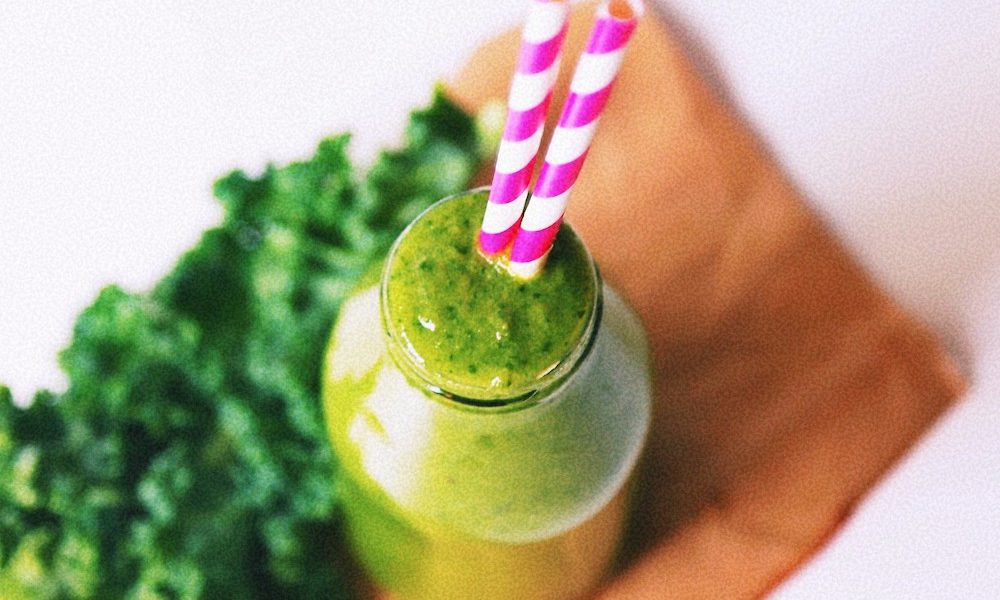Just because you hear something repeatedly, doesn’t mean it’s real. Don’t be fooled by some of these common healthy eating myths, and learn the truth.
BY: KASEY GOINS, PA-C
Wherever you go, people are talking about what it means to ‘eat healthy’. You might hear things like “Carbs are bad”, “Fat makes you fat”, “Detoxes are good for you!”
Despite the fact there’s thoroughly researched science that disputes these common misconceptions, many people still believe in them. And oftentimes, these phobias are centered around weight gain, and less around your actual health and wellbeing.
Let’s take a look at a few of the worst offenders.
1. Carbs at night are bad for you.
Many are under the assumption that eating starchy carbohydrates after dinnertime will cause significant weight gain. But your body doesn’t operate on a 24-hour clock. Our bodies are extremely adaptable and aren’t necessarily concerned with what we eat in a day, but rather how that averages out during the week.
Studies show that the body’s hormonal response to eating carbs doesn’t differ from a morning meal versus a nighttime meal in healthy individuals. And carbs at night can actually help induce sleep!
2. Fats are bad for you.
The idea has been around for a long time, and the low-fat diet trend was unfortunately pushed throughout the medical community despite research showing quite the opposite to be true. In reality, you’re better off consuming healthy fats as part of your diet.
If we take a look at the Mediterranean diet, which focuses on vegetables, fruits, whole grains, nuts and legumes, lean protein, and healthy fats (like those found salmon, olives, olive oil, nuts and seeds), we actually find that the risk for heart disease is significantly lower than that of a person on a low-fat diet. Focus on healthy fats from whole foods like nuts, seeds, avocado, olive oil, and salmon, and you’re on your way to reducing your risk of heart disease and diabetes.
3. All calories are created equal.
If all you’re doing is counting calories in an attempt to be healthy, please stop! Not all calories are created equal. Choose to get your calories from an array of colorful vegetables and fruits, whole grains, organic and grass-fed meats, starchy and non-starchy plants, nuts and seeds or you could easily eat your calories from cake in one sitting. It’s far more important to focus on quality over quantity.
So ditch the calorie-counting for good and focus on consuming whole foods. Yes, you will want to eat cake (as you should!), but give the calorie-counting a rest – it’s putting more stress on your body in the long run.
4. Frozen veggies and fruits are devoid of nutrients.
Frozen vegetables and fruits get a bad rep. In reality, they’re flash-frozen at the time they’re picked, locking in flavor and nutrients. Of course, it’s generally best to purchase fresh fruits and vegetables while they’re in season, but frozen will definitely give you a great amount of vitamins, minerals, and antioxidants.
5. It’s important to detox every once in a while.
Luckily for you, your body naturally knows how to detox! The job of the liver, kidneys, and digestive tract is to naturally detoxify the body, removing harmful waste products every day.
The best “cleanse” is your body’s natural one that’s facilitated by eating whole foods, exercising regularly, getting quality sleep, and working on stress reduction.
Adapted from the original article.
HEADER IMAGE: ALISHA MISHRA
Kasey Goins, PA-C is a Physician Assistant and Functional Medicine Practitioner Student based in Kalamazoo, MI, with a passion for helping individuals recover from chronic digestive issues and fatigue through real food and holistic medicine. She loves baking and is constantly making messes in the kitchen. To get started on your own health journey, visit her at Well-Fed Soul.

